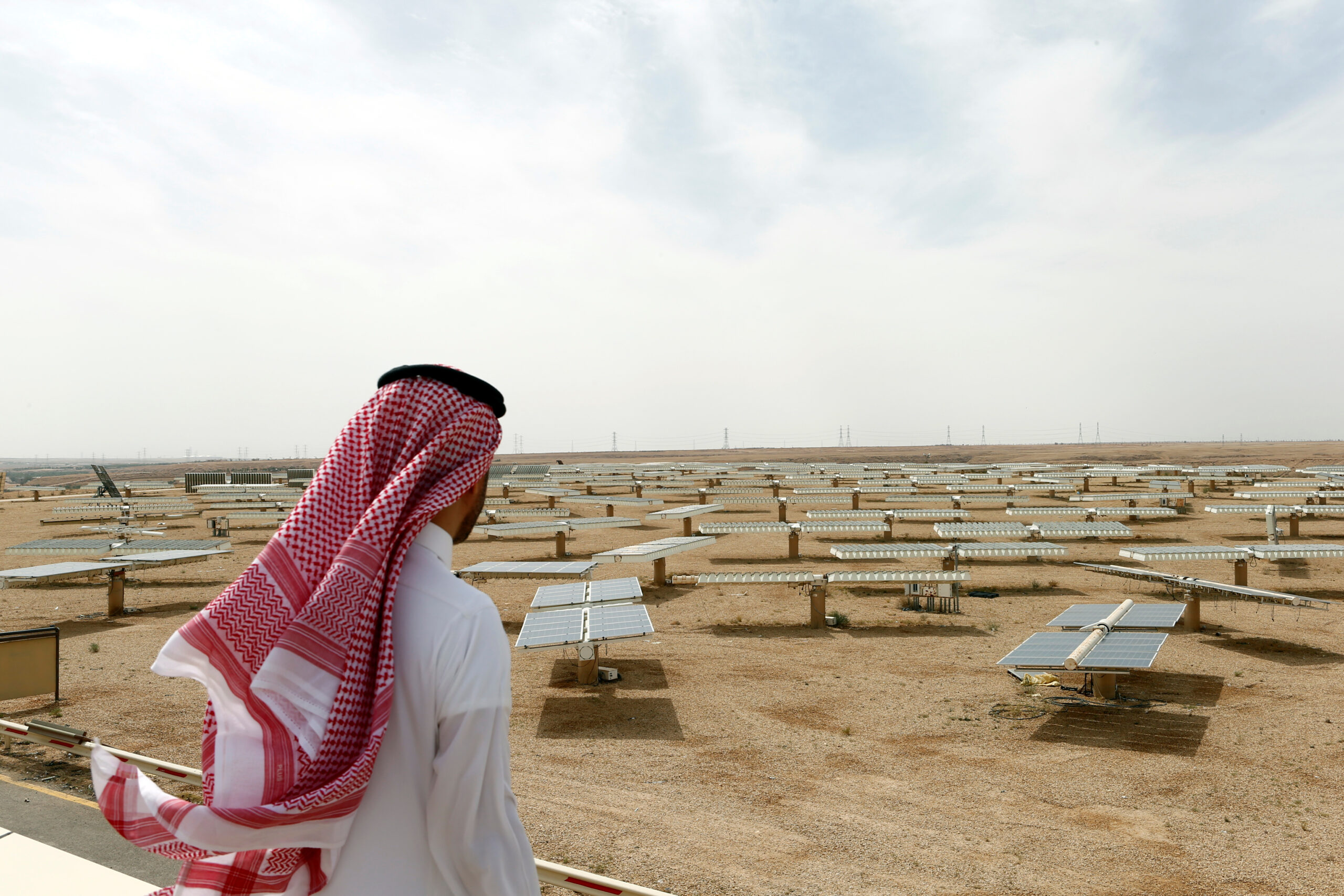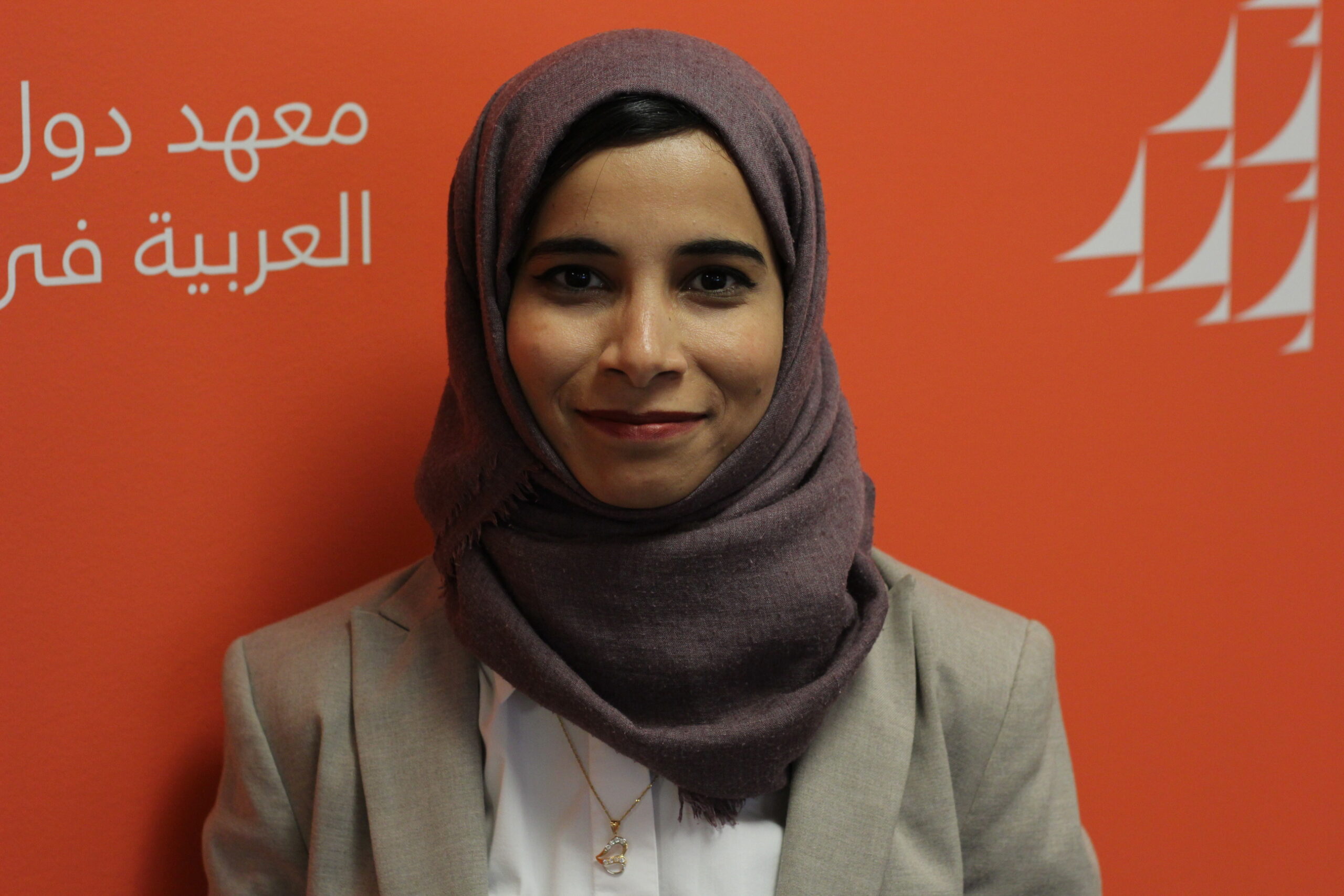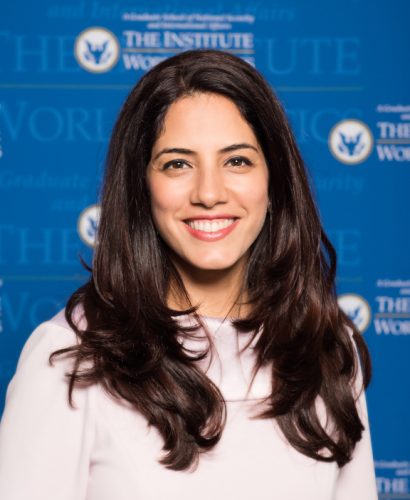Environment
Oct 26, 2023
Saudi Arabia Pushes Ahead to Become a Global Mining Player
The Saudi push to become a global actor in the mineral supply chain is driven by strategic domestic, regional, and international considerations.
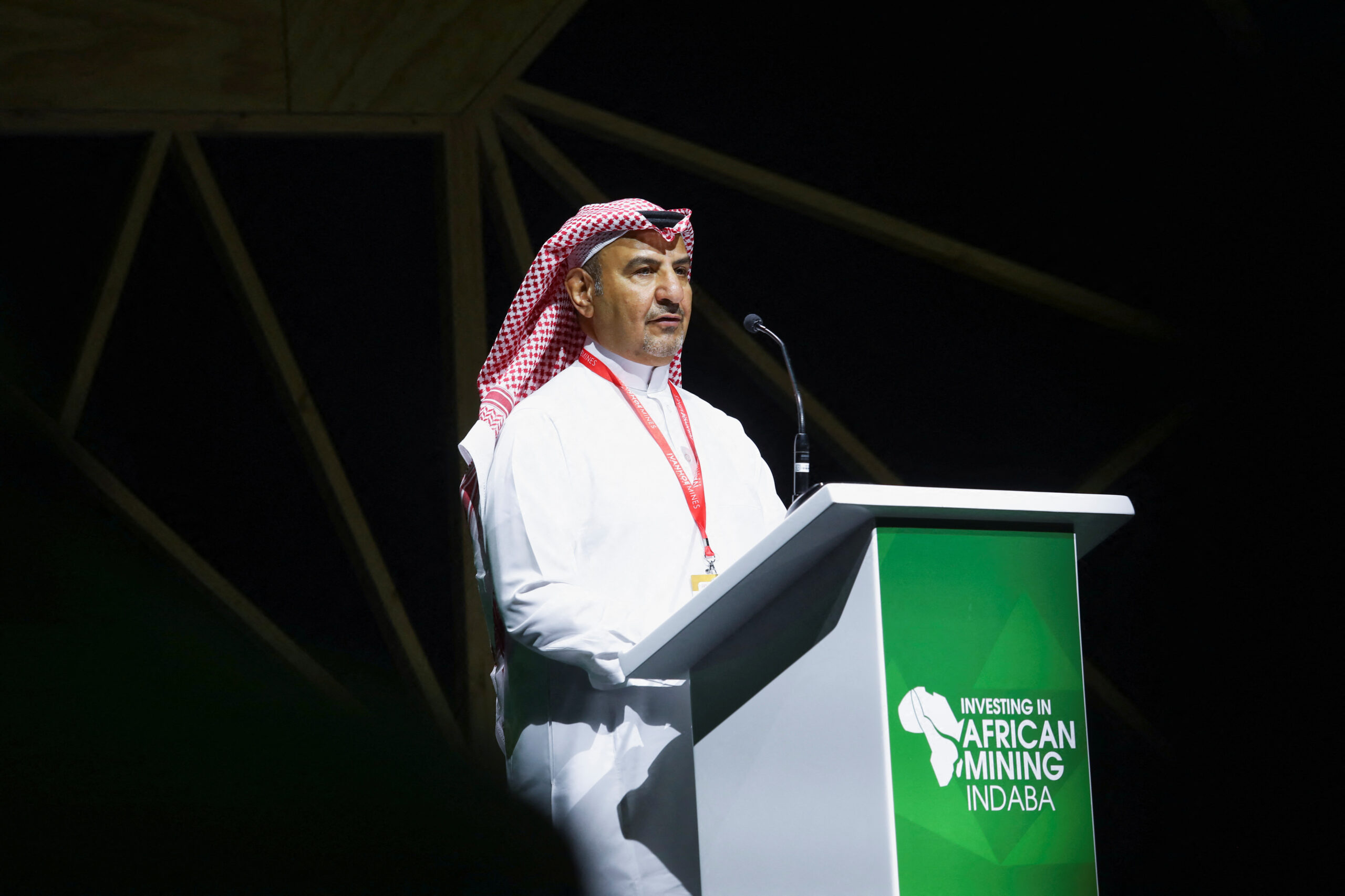
Sep 29, 2023
Oman Steps Up Low-Carbon Ambitions
For Oman, the transition to cleaner energy sources is both an imperative and a practical economic path to a more sustainable future.
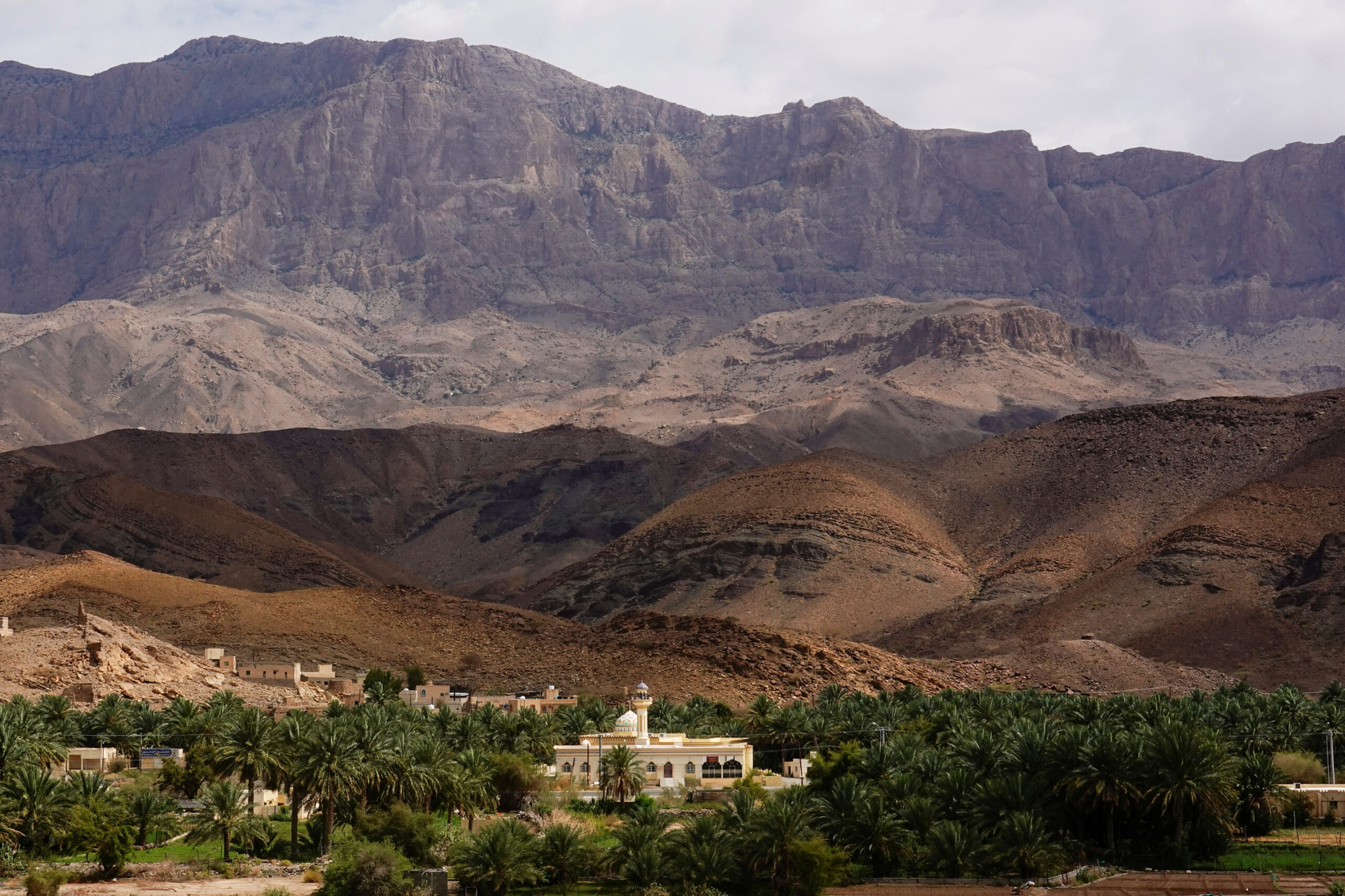
Sep 20, 2023
Event Report – Petro Diplomacy: The Energy Transition and the Road to COP28
AGSIW's ninth annual Petro Diplomacy conference examined how the Gulf Cooperation Council countries are managing the energy transition and expectations for the United Nations Climate Change Conference, COP28, in Dubai beginning in November.
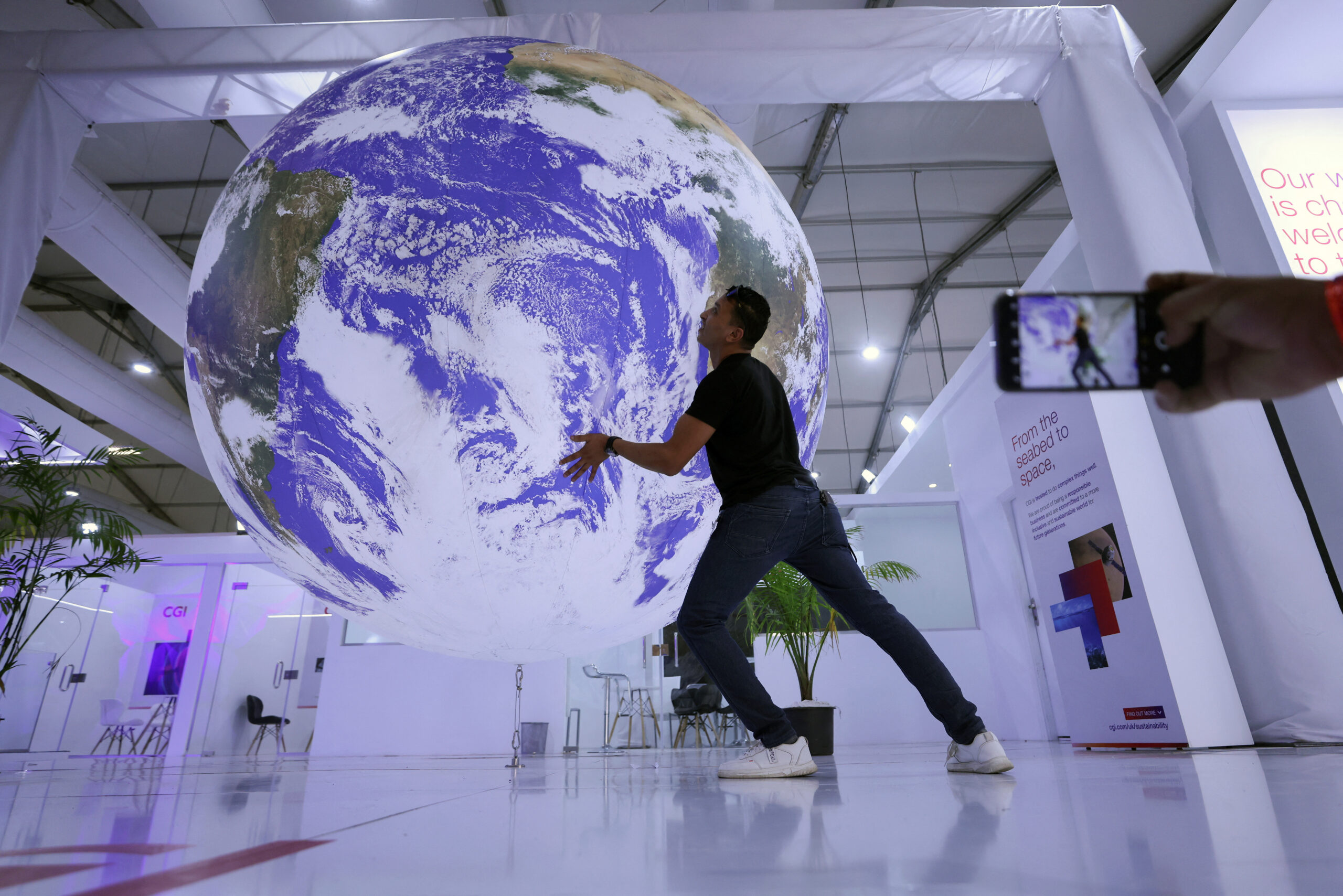
Sep 8, 2023
The Rising Energy Demand of AI and Clouds: Unraveling the Environmental Conundrum
A better understanding of the potential impact of AI and clouds on energy consumption will enable informed decisions today regarding investments in energy sources, ensuring adequate supplies to meet the energy needs of the future.
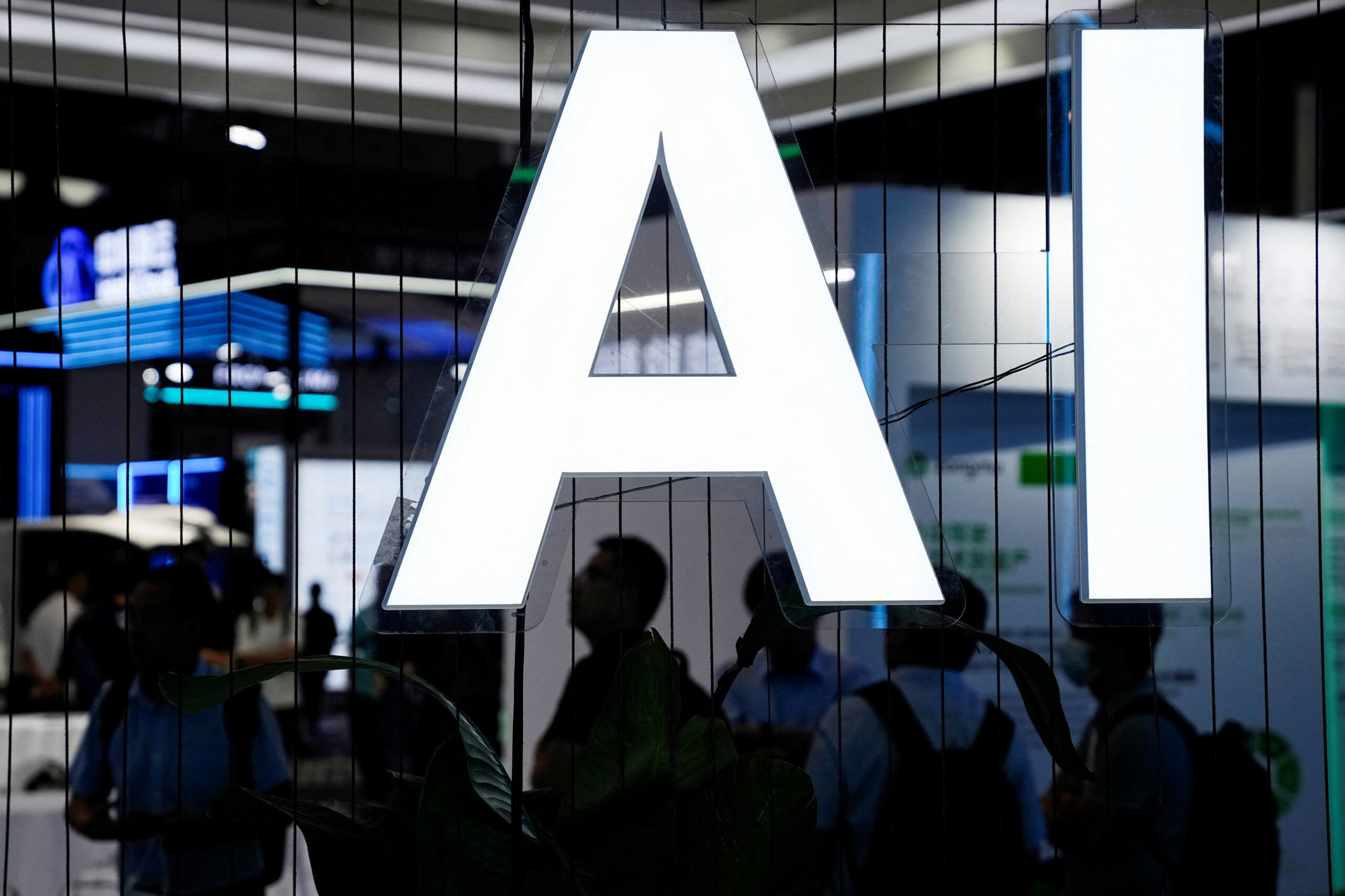
Aug 15, 2023
From Sharm el Sheikh to Dubai: What to Expect From the UAE as Host of COP28
COP28 is expected to create momentum for the Gulf states to advance their climate action ambitions and climate policy implementation.
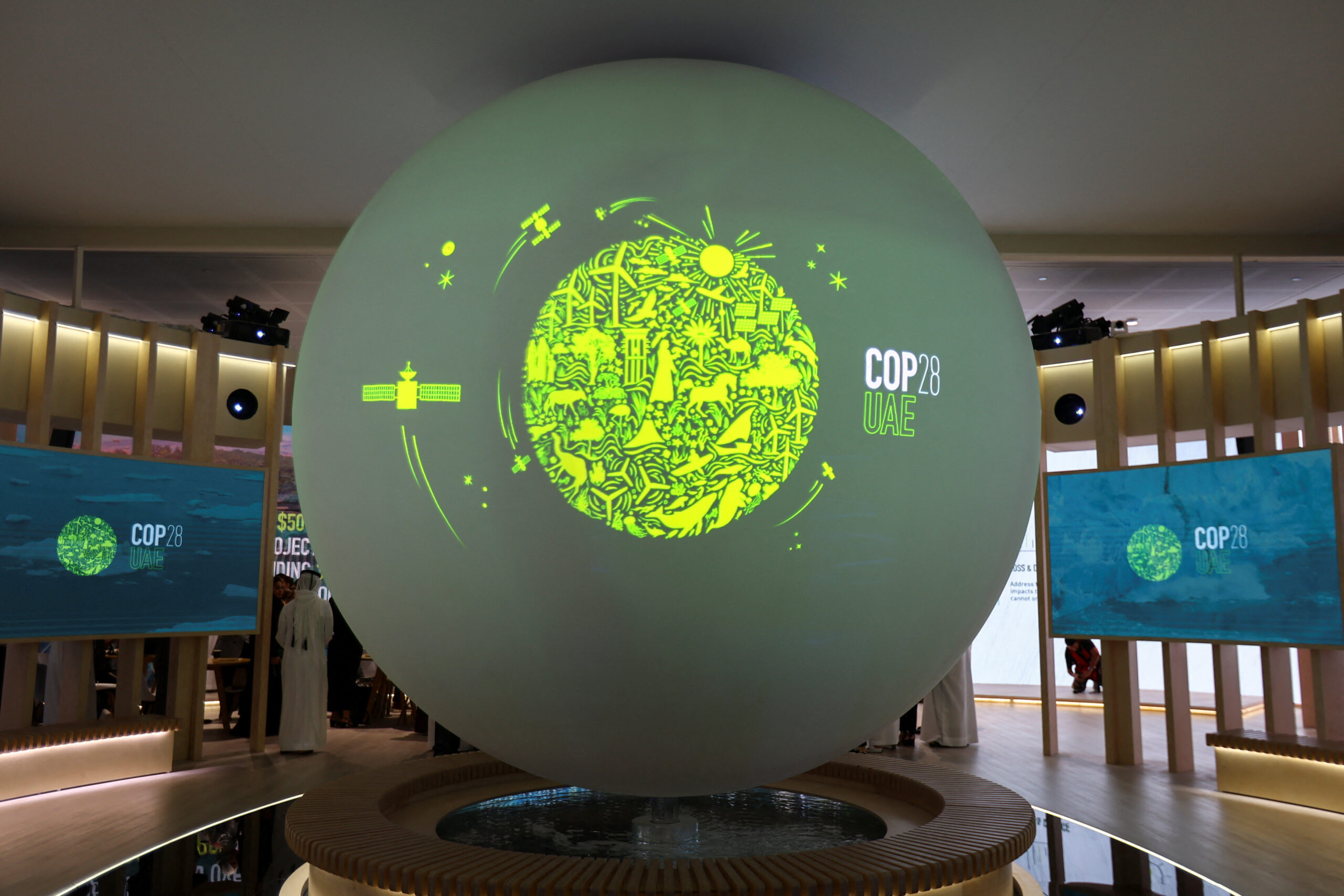
Jun 27, 2023
The Energy Transition and the Road to COP28
The UAE will need to find common ground to make COP28 a success because time and the Middle East’s remaining carbon budget are running out.
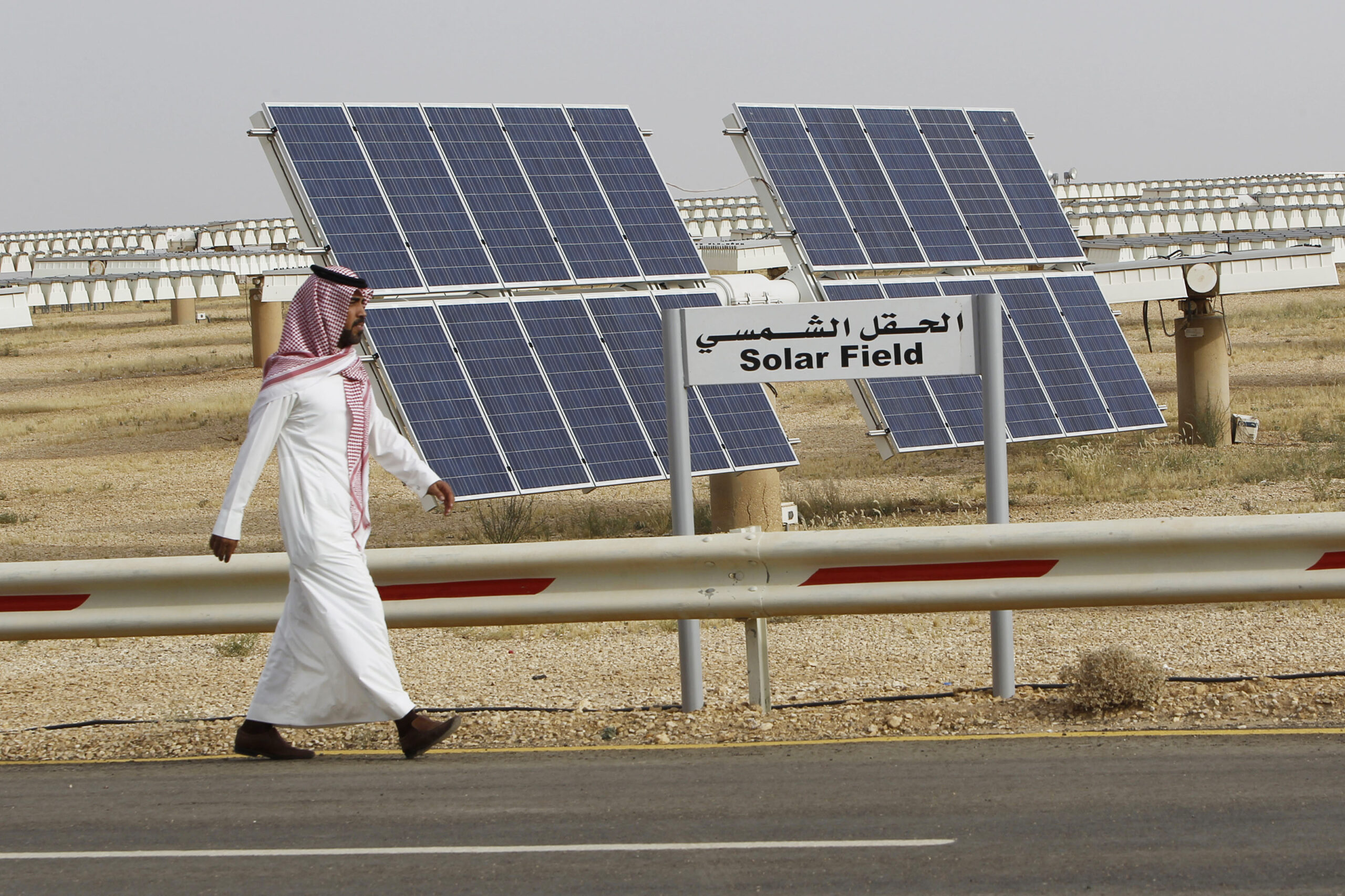
Jun 9, 2023
Solar and Wind Energy Driving the Middle East’s Energy Transition
If Middle Eastern countries are to reduce carbon emissions and reach their net-zero targets, solar and wind energy must be scaled up to provide zero-carbon energy and displace natural gas.
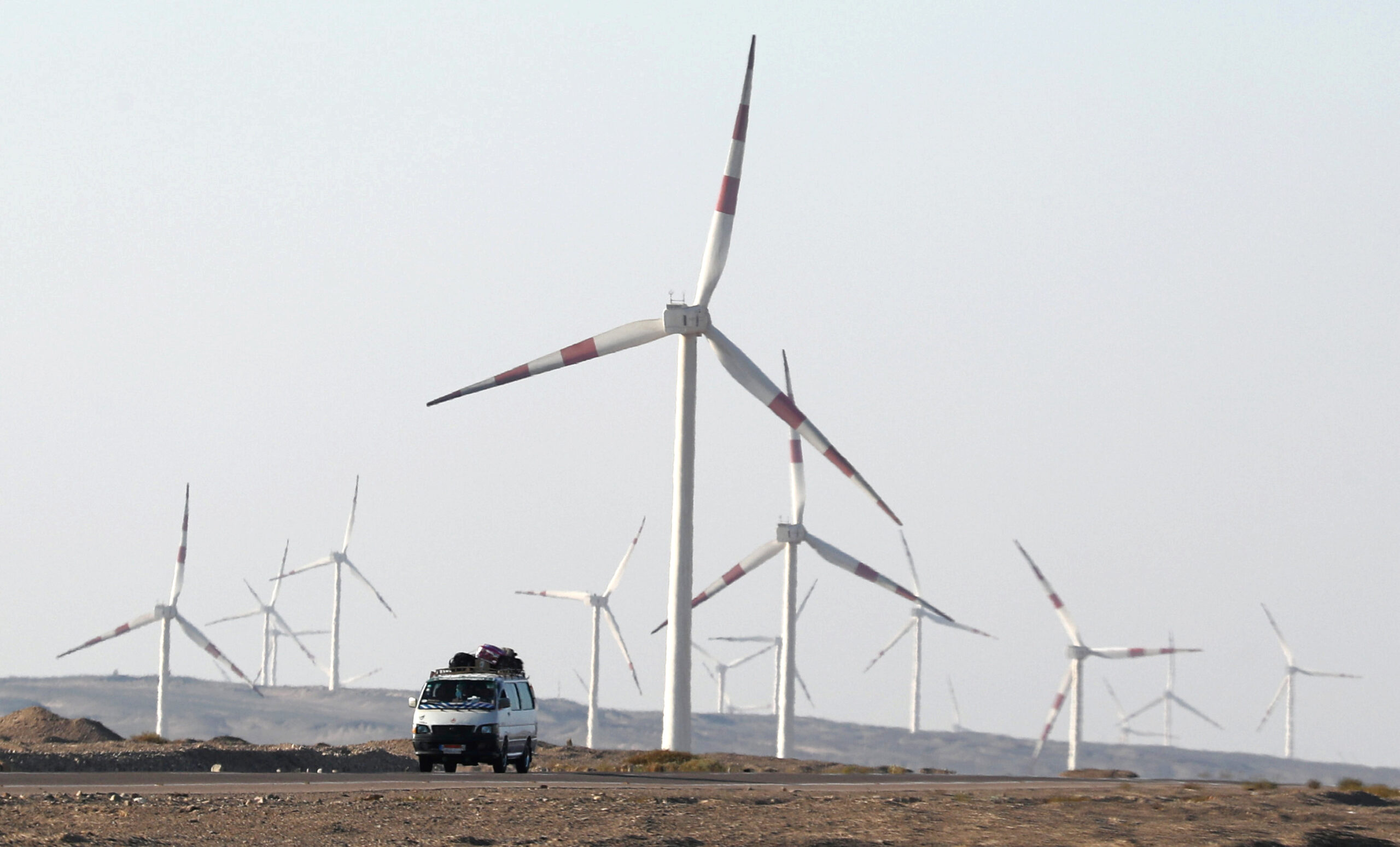
May 24, 2023
The Promise of Tracking Renewable Energy Development
International renewable energy certificates, which are increasingly popular in the Gulf, can help fuel the growth of the renewable energy industry as the world transitions away from fossil fuels.
